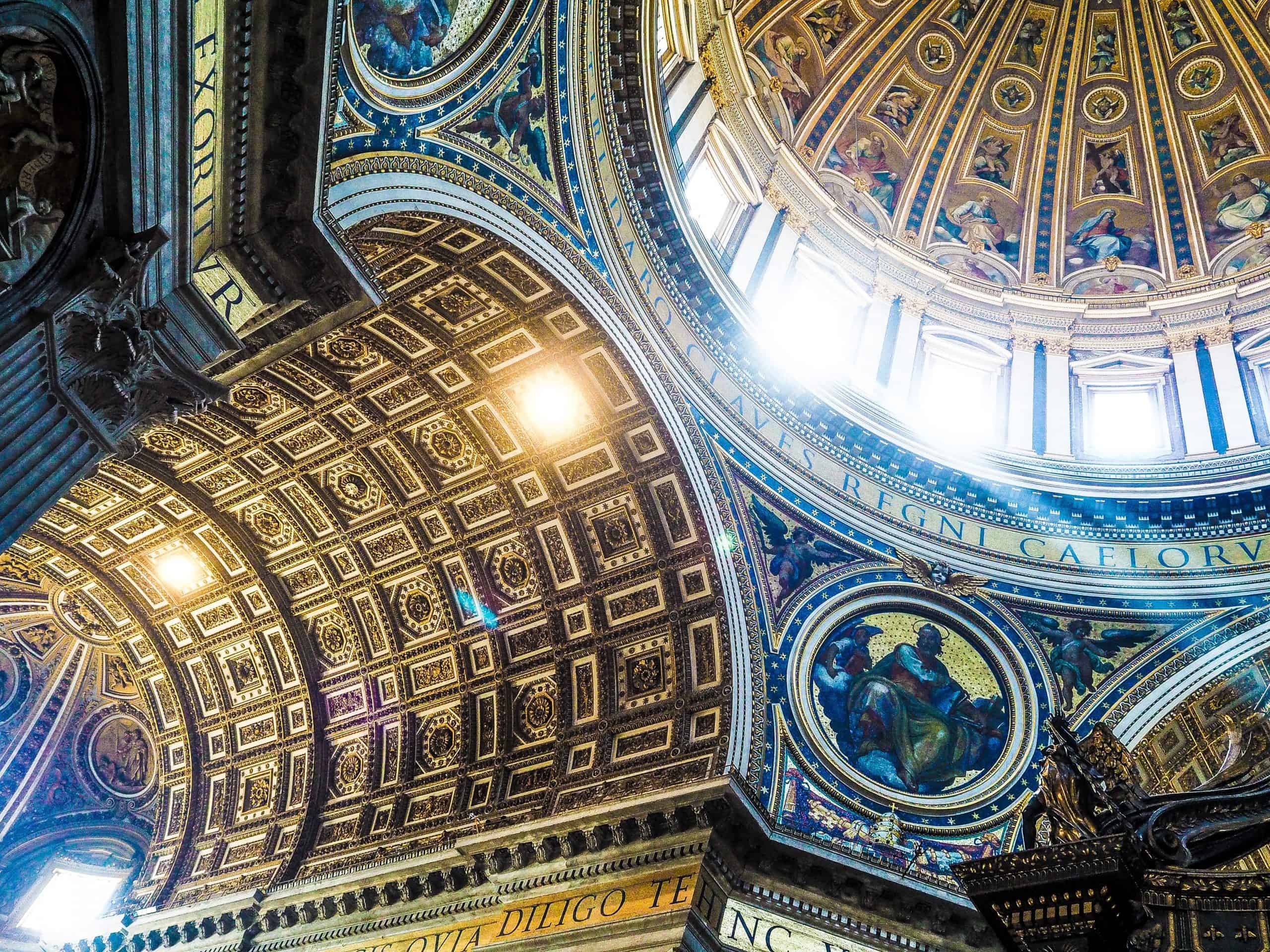We find the roots of the Jubilee Year in the Bible. In Leviticus 25, God commanded the Israelites to observe a “sabbatical year” every seventh year. It would be a year without sowing or harvesting or pruning. It would be a year that even the land was given a sabbath. After the seventh sabbatical year- the fiftieth year (7×7+1)– there would be a Year of Jubilee. This would be a year of celebration and rest, dedicated to the Lord. It is one of the greatest examples of social and communal mercy in the Old Testament. Debts were forgiven, slaves were freed, and property was returned. The people were to learn mercy by giving mercy.
But this year of Jubilee, this year of restoration, was a physical reminder of the even greater mercy God wanted to shower upon his people in His Kingdom to come. In Isaiah 61, the prophet speaks of a future Jubilee Year for Israel. Isaiah prophesies of a time when God is going to release them from their slavery and debt.
At the beginning of his public ministry, Jesus quotes this prophecy to announce that’s exactly what he’s going to do:
The Spirit of the Lord is upon me,
because he has anointed me
to bring glad tidings to the poor.
He has sent me to proclaim liberty to captives
and recovery of sight to the blind,
to let the oppressed go free,
and to proclaim a year acceptable to the Lord. (Luke 4:18-19, emphasis added)
As in all things, Christ comes to not only fulfill the Old Testament but also to go beyond. He is fulfilling the Old Testament Year of Jubilee but with a promise of greater freedom: freedom from death and sin.
The Christian Jubilee Year, then, is a time to enter into this freedom. It is a time for reconciliation with God and neighbor. As we receive the graces of this year, also called a “Holy Year,” God calls us to a holiness of life, to engage in acts of mercy and conversion. While we cannot take a break from our “sowing” or “harvesting” for a year, we can find ways to dedicate this year in a special way to the Lord. Perhaps one way to begin celebrating the Jubilee Year is to turn to the Lord in his Word, strengthening our relationship with him by reading the Bible.
What do you do in Rome during a Jubilee Year? Find out more here.
Interested in going on pilgrimage to Rome for the Jubilee? Join us! You can find more information here.





